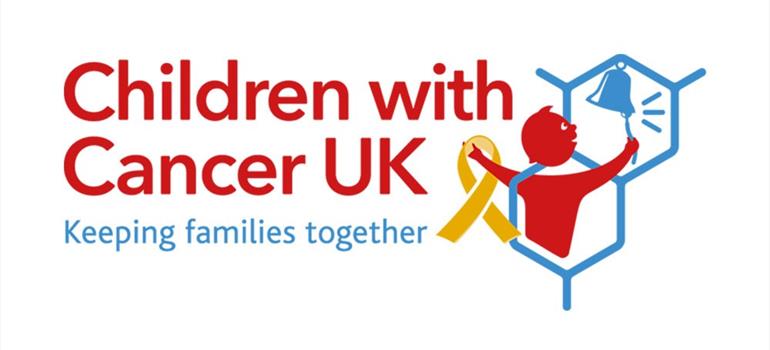[itemWebWizName]
Qty: [itemQuantity]

Childhood cancer is one of those horrors we hope to never encounter – and thankfully from a dentist’s point of view, the likelihood of identifying an oral, head or neck cancer in a young patient is very small, as these types of cancer are typically very rare in children. However, with 1400 children in the UK diagnosed with other types of cancer each year, there is still a very real possibility that as a dentist, you may encounter a child who is undergoing or recovering from cancer treatment – and this presents some very real, often lifelong challenges to their oral health, even if their cancer is completely cured.
For Childhood Cancer Awareness Month, we decided to take a closer look at the oral health implications for children who have undergone treatments such as chemotherapy and radiotherapy.
Risk factors for dental problems in children who have received cancer treatment include the use of chemotherapy before the permanent teeth are fully formed, especially in children aged under 5, and also the use of radiation on the head or mouth, including cranial, craniospinal, nasopharyngeal, oropharyngeal, orbital, eye, ear, infratemporal, cervical spine, neck and or chest areas.
The use of such aggressive treatments is necessary in order to treat many cancers, but can cause serious problems with the development of teeth and bones as well as damaging soft tissues. Children with pre-existing cavities or other oral health problems are at a much higher risk of complications during cancer treatment and referral to a paediatric dentist upon diagnosis is routine.
Children diagnosed with cancer are often treated with chemotherapy, radiotherapy or a combination of both to kill cancer cells. Unfortunately, these drugs also kill healthy cells, including those in the oral cavity. The treatments can cause soreness and ulceration of the mouth, and bleeding gums. Salivary glands are often affected causing xerostomia (dry mouth) which alters the oral pH and increases the risk of decay, which is often aggressive. The risk of infection in immunosuppressed patients is high and treatment may have to be adjusted or stopped if these symptoms are severe, so preventative care before treatment begins is essential. This may include the treatment of any cavities, and the removal of any wobbly teeth.
Because chemotherapy and radiotherapy interfere with the way cells replicate, they can cause structural problems with the teeth and gums. The growth of a child’s jaw bone can be affected, which may result in crowded teeth or issues with bite alignment. Tooth agenesis/hypodontia is common due to shortened or absent tooth roots, tooth loss, or failure of tooth buds to erupt. In erupted teeth, problems such as microdontia and enamel hypoplasia are reported, with the latter often causing lifelong problems with tooth decay and sensitivity due to thin enamel. Children receiving radiotherapy to the head, neck or jaw area may develop a condition called trismus, which is fibrosis of the muscles that enable them to open their mouth and to chew. This can cause long term problems with oral hygiene, alignment, nutrition and speech.
Children affected by any of these conditions will need frequent dental checkups throughout their lives. Many children will inevitably need treatment with surgery, prosthodontics and orthodontics to correct the damage caused by cancer treatment, while for others, prophylactic treatment using dental sealants or composites may be enough to ward off disease.